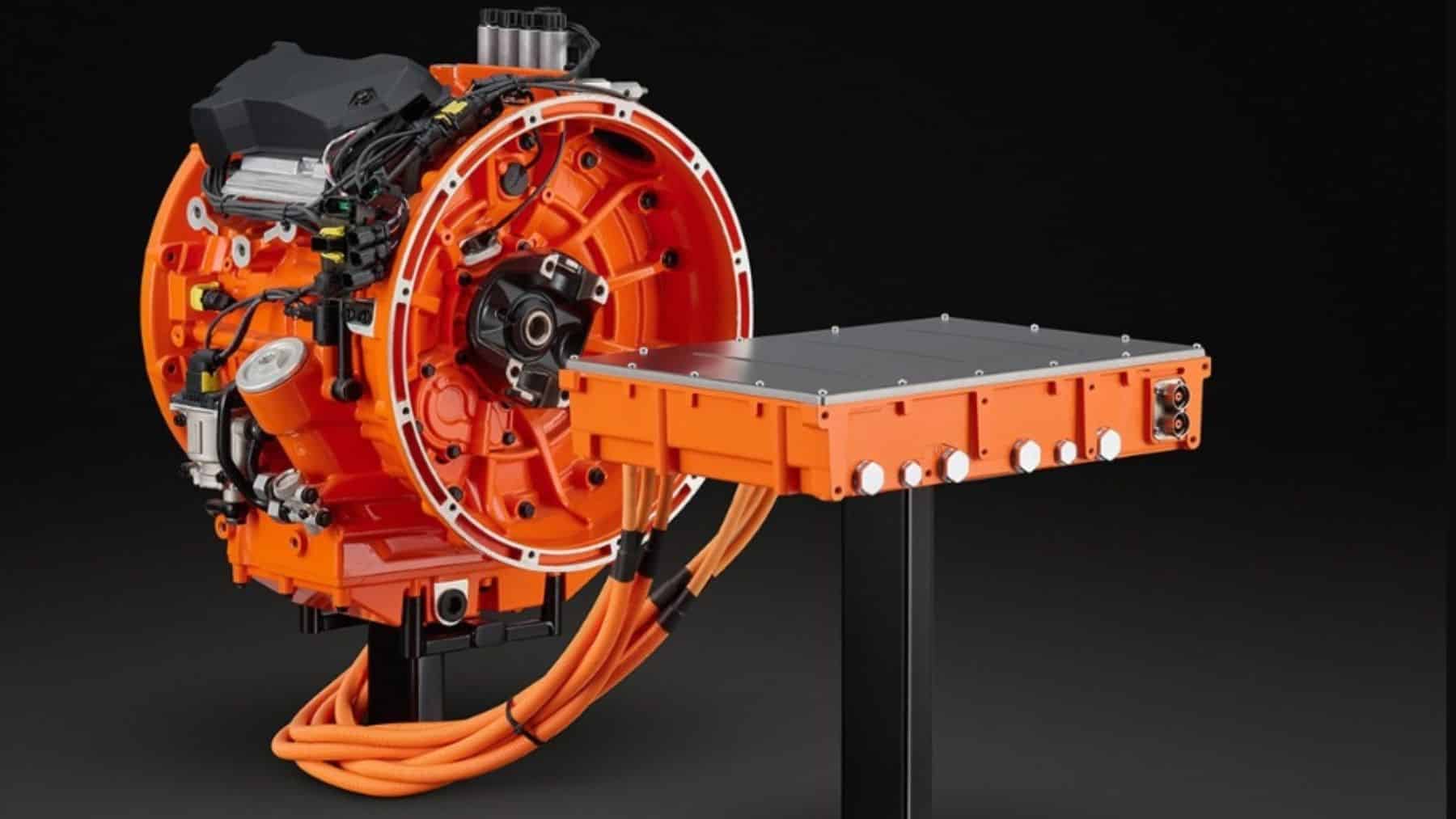Sweden's Hybrid Revolution: Ruling the Waves Without Hydrogen
Key Ideas
- Sweden is leading the way in innovative hybrid solutions for both marine and freight transport sectors, combining diesel and electricity to achieve immediate and scalable decarbonization.
- Marell Boats' M17, a diesel-electric hybrid patrol vessel, showcases the performance and sustainability benefits of hybrid systems, offering stealthy operations at low speeds and high-speed capabilities when needed.
- Scania and DHL have collaborated on an Extended Range Electric Vehicle (EREV) truck, highlighting the advantages of blending electric and fuel-powered generators for long-haul parcel delivery with significant CO2 reduction.
- Sweden's preference for hybrid systems over hydrogen is attributed to the practicality of existing refueling infrastructure, mature battery technology, and the immediate climate benefits offered by hybrid diesel-electric solutions.
Sweden is making waves in the transportation industry with its innovative approach to decarbonization through hybrid solutions. Swedish firms are pioneering the use of hybrid systems that merge diesel and electricity in the marine and freight transport sectors. Marell Boats, in partnership with Scania, introduced the M17, a diesel-electric hybrid patrol vessel that combines performance and sustainability, offering both stealthy operations at low speeds and high-speed capabilities powered by electric motors and diesel engines. This hybrid system enhances efficiency, reduces maintenance, and provides valuable solutions for law enforcement and military applications.
Scania and DHL have also joined forces to revolutionize Europe's highways with the launch of an Extended Range Electric Vehicle (EREV) truck. This hybrid solution integrates an electric motor with a fuel-powered generator, allowing for long-haul deliveries with significant CO2 reduction. The EREV truck's flexibility to switch between different fuel sources and its ability to refuel at conventional stations ensure operational continuity and efficiency in logistics operations.
While hydrogen is considered a promising long-term fuel, Sweden's preference for hybrid systems stems from the challenges associated with hydrogen infrastructure and production costs. Hybrid diesel-electric systems leverage existing refueling infrastructure and advanced battery technology to provide immediate climate benefits without the scalability issues of hydrogen. Sweden's pragmatic approach to embracing hybrid solutions in both marine and freight sectors signifies a shift towards tangible emissions reduction and sustainable transport practices.
